Marketing
When People Turn On the TV, Are They Actually Watching?
A study of baseball telecasts co-authored by Yale SOM’s Kosuke Uetake suggests that relatively few viewers actively look at the screen. Viewers perk up during suspenseful moments, suggesting that changes to advertising or even the structure of baseball games could make ads more effective.
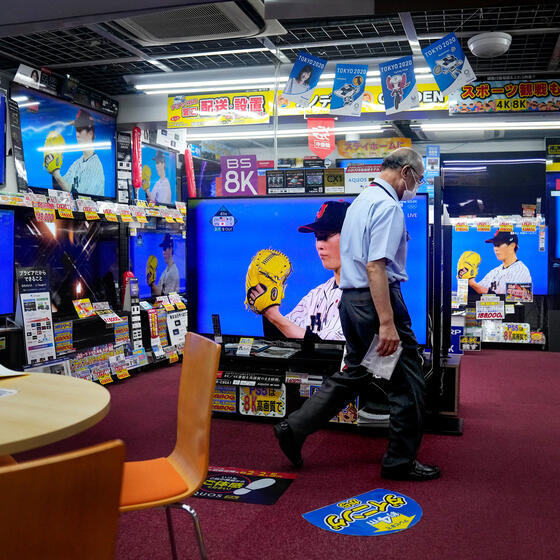
To Reach Weight-Loss Targets, Start with Small Goals
Drawing on data from a weight-loss app, Yale SOM’s Kosuke Uetake and his co-author found that setting small goals and changing them frequently helped dieters reach their long-term goals.

Machine Learning Model Extracts Insights from Customer Reviews
A new study co-authored by Yale SOM’s K. Sudhir uses natural-language analysis to learn from what customers are saying—and to infer meaning from what remains unsaid.

When Charitable Organizations Thank Donors, Should They Ask for More?
For charitable organizations that rely on donors for financial support, there is a delicate art to asking for gifts and expressing gratitude.
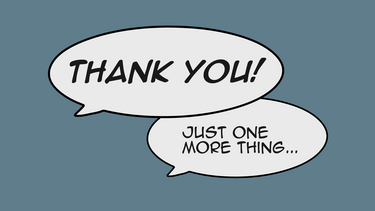
How Should Companies Fuel Word of Mouth?
New research finds that offering a free tier or giving existing customers bonuses for making referrals—or a combination—can be effective, depending on the size of the audience and whether the project has a social aspect.
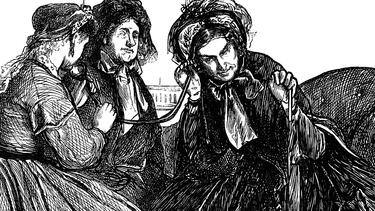
Why a Pandemic Leads to Panic Buying
We asked Yale SOM’s Nathan Novemsky, an expert in the psychology of judgment and decision-making, for his thoughts on how consumers are behaving during the COVID-19 pandemic and how they’re likely to view companies’ actions in the aftermath.
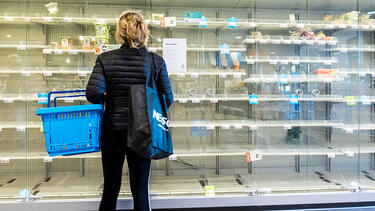
Admitting a Purchase Mistake Makes Online Reviews More Persuasive
Yale SOM’s Taly Reich has conducted a series of studies exploring the surprising value of mistakes. In her latest paper, she and her co-author show that shoppers are more likely to purchase a product after reading a review that describes making a prior purchase mistake.
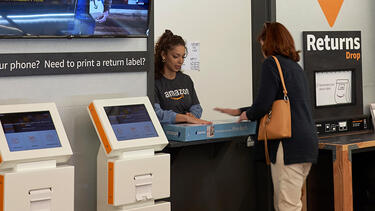
We’re Not Sure What Authenticity Is, But We Know We Like It
Foodies, employees, and art lovers all prize authenticity—but each means something a little different when they say that something or someone is authentic.

Study Finally Reveals How Many Cooks It Takes to Spoil the Broth
New research co-authored by Yale SOM’s Taly Reich looks at how we perceive collaborations of different sizes, and what those perceptions mean for how companies describe the creation of their products.

How Do You Grow A Blue-Chip Brand?
Even iconic brands have to be willing to change. Kellogg’s chief growth officer, Clive Sirkin, explains how the company adapts to shifting technology, markets, and consumer expectations.

Does Data Mean Insight?
Stephan Gans, chief insights and analytics officer for PepsiCo, makes the case for data and judgment.
